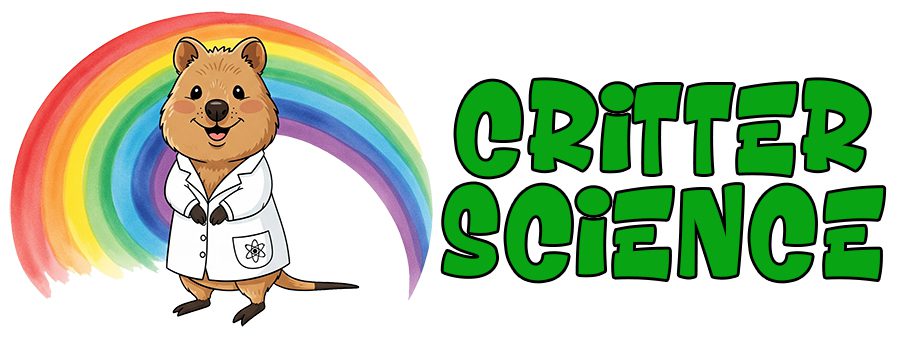- Zoology
- Ecology
- Sustainability
- Animal Behavioral Patterns
- What are Species?
- About the Critterman
- Daily Critter Facts
- For Teachers
- Study Guides
- Diseases & Parasites
- Contact


Global warming, a phenomenon characterized by the Earth’s steadily increasing average temperature, poses an existential threat to our planet. Driven primarily by the escalating concentration of greenhouse gases in the atmosphere, predominantly carbon dioxide from the burning of fossil fuels, this crisis manifests in a multitude of devastating ways. From rising sea levels and extreme weather events to widespread ecological disruption, the consequences of unchecked global warming are far-reaching and potentially irreversible.
The Proof
The scientific consensus on global warming is unequivocal. Decades of research, data collection, and analysis have established a clear link between human activities and the observed warming trend. The Intergovernmental Panel on Climate Change (IPCC), the leading international body for assessing climate change, has repeatedly affirmed that the warming of the climate system is undeniable, and that human influence has been the dominant cause of the observed warming since the mid-20th century.
What is at Stake?
The effects of global warming are already being felt across the globe. Rising sea levels, caused by the thermal expansion of water and the melting of glaciers and ice sheets, threaten coastal communities and ecosystems. Extreme weather events, such as heatwaves, droughts, floods, and hurricanes, are becoming more frequent and intense, causing widespread damage and displacement. Changes in temperature and precipitation patterns are disrupting agricultural systems, threatening food security. Furthermore, ocean acidification, caused by the absorption of excess carbon dioxide by the oceans, is harming marine life and coral reefs.
What Needs to be Done?
Combating global warming requires a multifaceted approach that addresses both the causes and the consequences of this crisis. A fundamental shift away from fossil fuels and towards renewable energy sources, such as solar, wind, and geothermal power, is essential. This transition must be accompanied by increased energy efficiency measures in all sectors, including transportation, industry, and buildings.
Furthermore, protecting and restoring forests, which act as vital carbon sinks, is crucial. Sustainable land use practices, such as reducing deforestation and promoting reforestation, can play a significant role in mitigating climate change. Additionally, advancements in carbon capture and storage technologies hold promise for reducing greenhouse gas emissions from industrial sources.
Individual actions, though seemingly small, can collectively make a significant impact. Reducing energy consumption, adopting sustainable transportation options, consuming less meat, and reducing waste are all ways in which individuals can contribute to the fight against global warming. Advocacy and political engagement are also essential for driving systemic change and holding governments and corporations accountable.
International cooperation is paramount in addressing this global challenge. The Paris Agreement, a landmark international treaty, sets out a framework for reducing greenhouse gas emissions and limiting global warming. Strengthening and implementing such agreements is crucial for achieving meaningful progress.
Looking Forward
Technological innovation will play a very large role in combating global warming. Advancements in battery technology, hydrogen fuel, and other sustainable technologies, will be required to make the transition away from fossil fuels possible. Investment into these technologies, and the infrastructure to support them is vital.
Adapting to the inevitable impacts of climate change is also essential. Building resilient infrastructure, developing drought-resistant crops, and implementing early warning systems for extreme weather events are some of the ways in which communities can prepare for the challenges ahead.
Further Impacts
The economic implications of climate change are profound. Investing in climate action not only mitigates risks but also creates new economic opportunities in renewable energy, sustainable agriculture, and green technologies. The transition to a low-carbon economy can drive innovation, create jobs, and enhance long-term economic prosperity.
The ethical dimensions of global warming cannot be ignored. The impacts of climate change disproportionately affect vulnerable populations and future generations. Addressing climate change is therefore a matter of social justice and intergenerational equity.
In Closing
Global warming is a complex and urgent challenge that demands immediate and sustained action. By transitioning to renewable energy, protecting forests, adopting sustainable practices, and fostering international cooperation, we can mitigate the impacts of climate change and build a more sustainable and resilient future for all.
